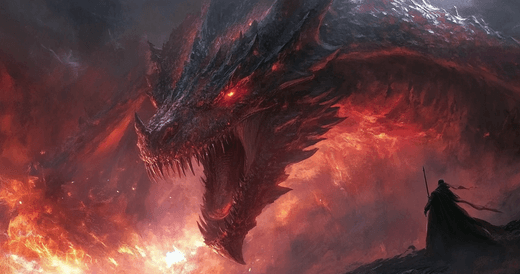
Exploring 5 Different Genres in Tabletop RPGs: Fantasy, Sci-Fi, and More
Updated on: 2025-12-18
Tabletop roleplaying games (RPGs) have taken the gaming world by storm, offering players a unique and immersive experience that transcends traditional gaming boundaries. From epic quests in fantasy realms to intergalactic adventures in sci-fi universes, tabletop RPGs allow players to explore diverse genres, each with its own distinct flavor and storytelling potential.
In this blog post, we'll take a deep dive into five popular genres in tabletop RPGs - fantasy, sci-fi, horror, modern, and historical - examining their unique features, gameplay mechanics, and what makes them appealing to players. Whether you’re a seasoned veteran or new to the hobby, this exploration will help you appreciate the rich tapestry of storytelling available in the world of tabletop RPGs.
1. Fantasy

Fantasy is arguably the most iconic genre in tabletop RPGs, popularized by classics like Dungeons & Dragons. It invites players into magical realms filled with mythical creatures, powerful wizards, and heroic quests. Players can choose from a wide range of character classes and races, each with unique abilities and traits that influence gameplay.
Key Features:
- Magical Elements: Spellcasting, magical artifacts, and fantastical creatures are staples of fantasy RPGs. Players often find themselves battling dragons, exploring enchanted forests, or seeking ancient relics.
- Epic Quests: Fantasy adventures frequently revolve around grand narratives, such as saving kingdoms from evil sorcerers or embarking on a quest for lost treasures.
- Rich Lore: Many fantasy RPGs come with extensive world-building, including detailed histories, pantheons of gods, and intricate political landscapes.
Fantasy RPGs offer an escape into a world where the impossible becomes possible. They foster creativity, allowing players to embody heroic archetypes and engage in epic storytelling.
2. Science Fiction (Sci-Fi)

Sci-fi tabletop RPGs transport players to the future or alternate realities filled with advanced technology, alien civilizations, and interstellar travel. This genre often explores themes of exploration, ethics, and the impact of technology on society.
Key Features:
- Futuristic Technology: Players can wield advanced gadgets, space travel technologies, and cybernetic enhancements, offering unique gameplay mechanics.
- Alien Races and Worlds: Sci-fi RPGs often include diverse alien species and planets, encouraging players to interact with unfamiliar cultures and environments.
- Exploration and Discovery: Many sci-fi adventures center around exploration, whether it's uncharted planets, abandoned space stations, or time travel.
Sci-fi RPGs stimulate the imagination by envisioning potential futures and the complexities of the universe. Players can delve into philosophical questions about humanity, technology, and morality while engaging in thrilling space operas.
3. Horror

Horror tabletop RPGs immerse players in chilling narratives that evoke fear and suspense. Whether facing monstrous creatures, supernatural phenomena, or psychological terror, these games emphasize atmosphere and storytelling.
Key Features:
- Atmospheric Settings: Horror RPGs often feature dark, eerie environments, from haunted houses to apocalyptic landscapes, creating a sense of dread and foreboding.
- Survival Mechanics: Many horror RPGs incorporate survival elements, such as resource management, where players must strategize to stay alive against overwhelming odds.
- Psychological Themes: Horror games frequently explore themes of madness, fear, and the unknown, adding depth to character development and decision-making.
Horror RPGs captivate players who enjoy thrillers and suspenseful storytelling. The genre’s emphasis on atmosphere and tension creates a unique gaming experience that encourages players to confront their fears and work together to survive.
4. Modern

Modern tabletop RPGs bring players into contemporary settings, often with a mix of realism and subtle supernatural elements. These games can encompass a wide range of themes, including crime dramas, urban fantasy, and even slice-of-life adventures.
Key Features:
- Real-World Settings: Players can immerse themselves in familiar environments, such as cities, schools, or workplaces, allowing for relatable storytelling.
- Diverse Themes: Modern RPGs can explore various themes, from everyday struggles to supernatural mysteries, giving players the flexibility to shape their narratives.
- Character-Driven Stories: The focus on interpersonal relationships and character development allows for deep emotional connections between players and their characters.
Modern RPGs resonate with players seeking relatable scenarios and character-driven narratives. They offer a space to explore personal stories while navigating contemporary issues, all within a framework of adventure and excitement.
5. Historical

Historical RPGs invite players to step back in time and explore different eras. From ancient Rome to medieval Europe, feudal Japan, or even the American Revolution, these games blend storytelling with education.
Key Features of Historical RPGs:
- Authentic Settings: Detailed worlds based on real history, with attention to cultural and political accuracy.
- Historical Figures: Some campaigns allow interactions with famous figures or participation in real events.
- Cultural Exploration: Understanding the values, struggles, and traditions of past societies.
These RPGs give players the opportunity to roleplay in a context where magic or fantasy may not exist, making social dynamics and historical challenges the core of the story. They are perfect for players who love research, accuracy, and immersion in real-world events.
Historical settings can also mix with other genres. For example, a campaign set in ancient Egypt could blend in supernatural elements, or a medieval game could add a subtle touch of gothic horror.
For sessions like these, stone and gemstone dice fit perfectly. Rolling polished dice carved from materials like obsidian, jade, or amethyst adds a sense of weight and authenticity that feels right at home in a historically themed campaign.
CONCLUSION
Tabletop RPGs are not limited to one kind of story. While fantasy may dominate the spotlight thanks to Dungeons & Dragons, there are endless worlds to explore. Sci-fi campaigns let you travel the stars, horror games test your nerves, modern stories keep you grounded in relatable settings, and historical campaigns connect you with the past.
Each genre offers something special, and the best part of RPGs is that you are never restricted to one. Many campaigns mix genres, creating unique blends like dark fantasy with horror undertones, or sci-fi adventures with historical influences. The possibilities are only limited by imagination.
As you and your group explore different RPG genres, remember that the right tools can make the experience even more immersive. A set of DND dice can reflect the tone of your game, whether it’s shining gold dice for a fantasy cleric or sleek silver dice for a sci-fi pilot.
The next time you gather around the table, consider stepping outside your usual genre. Try something new, explore a different setting, and see how the story unfolds. With the right group, the right dice, and the right mindset, every genre can become an unforgettable adventure.



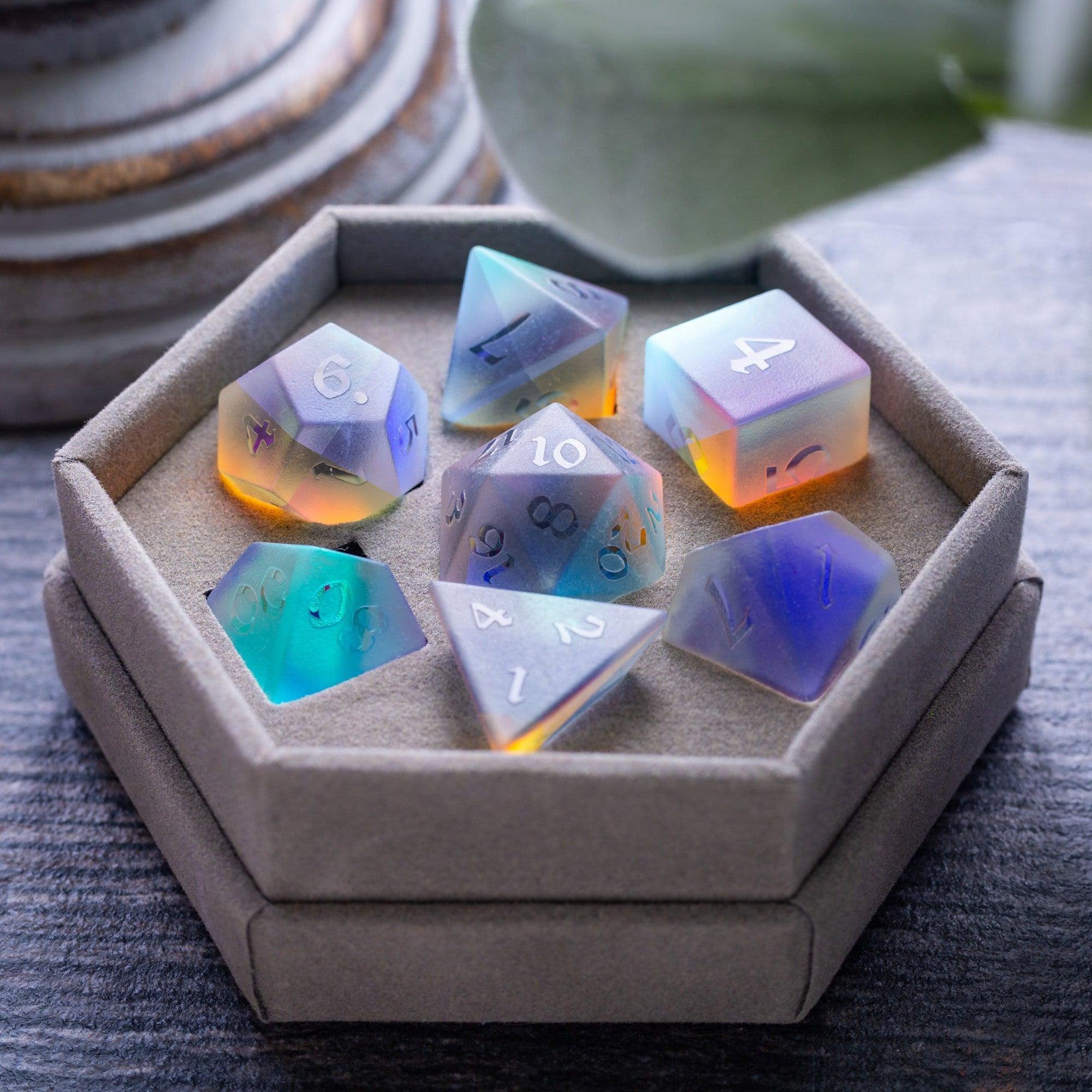
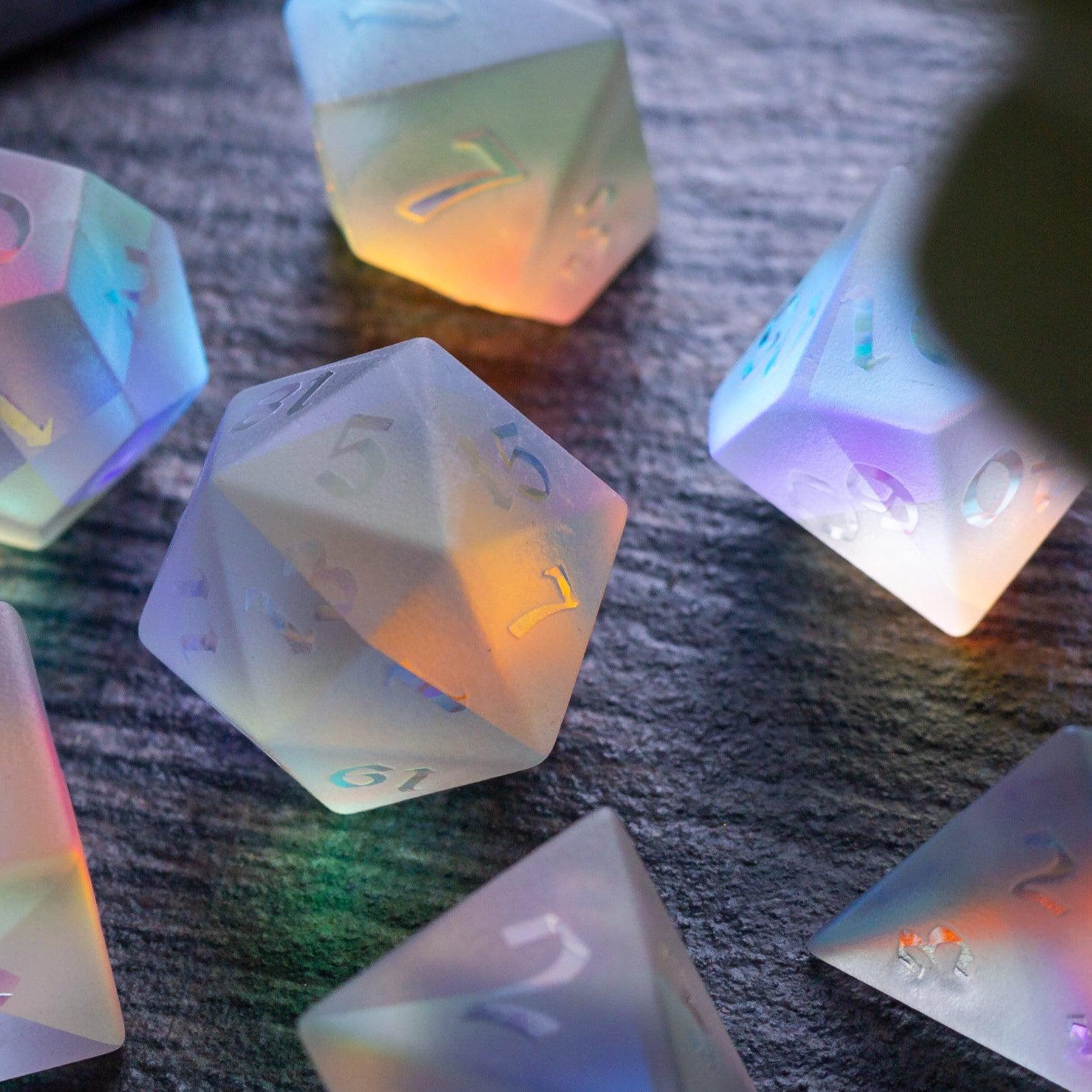
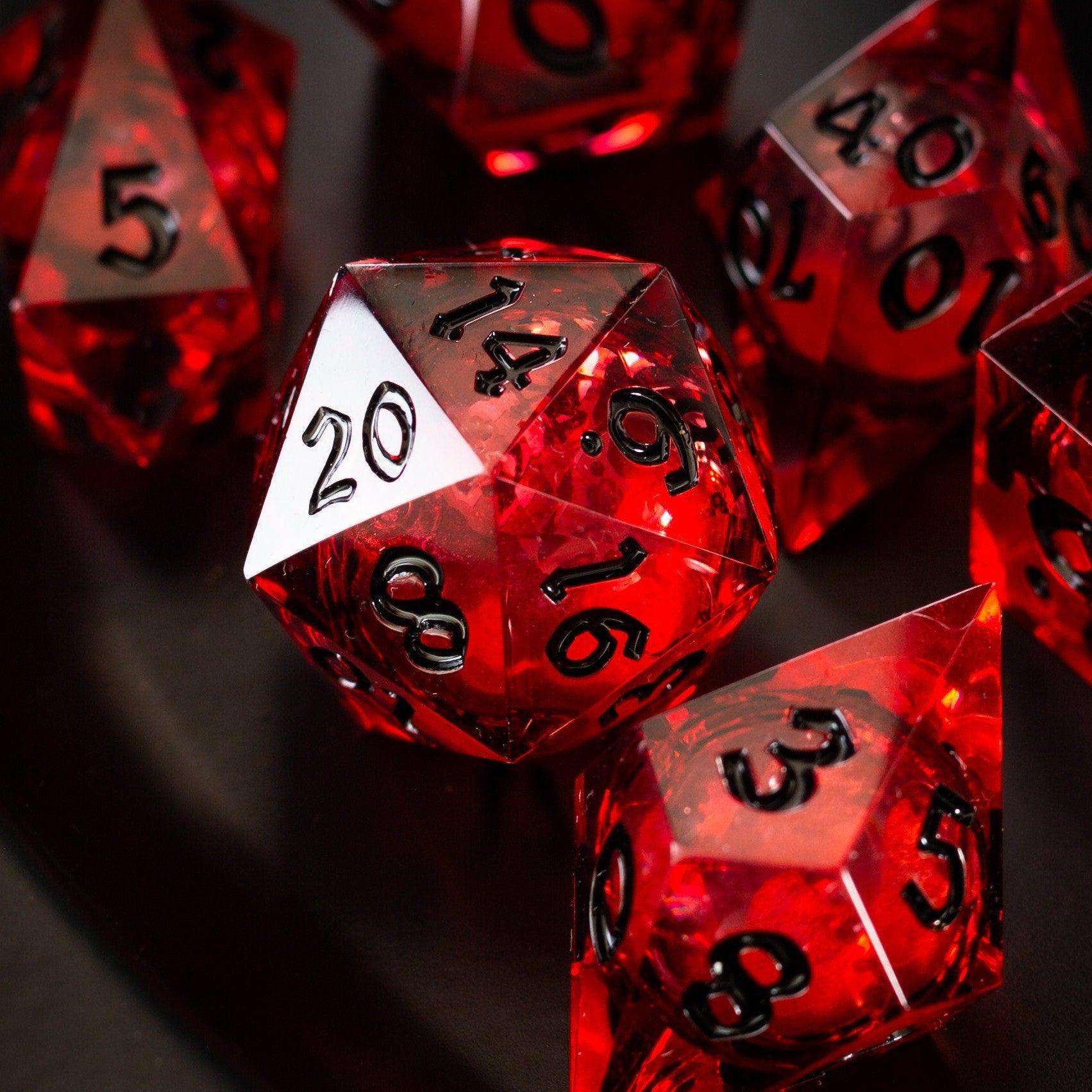
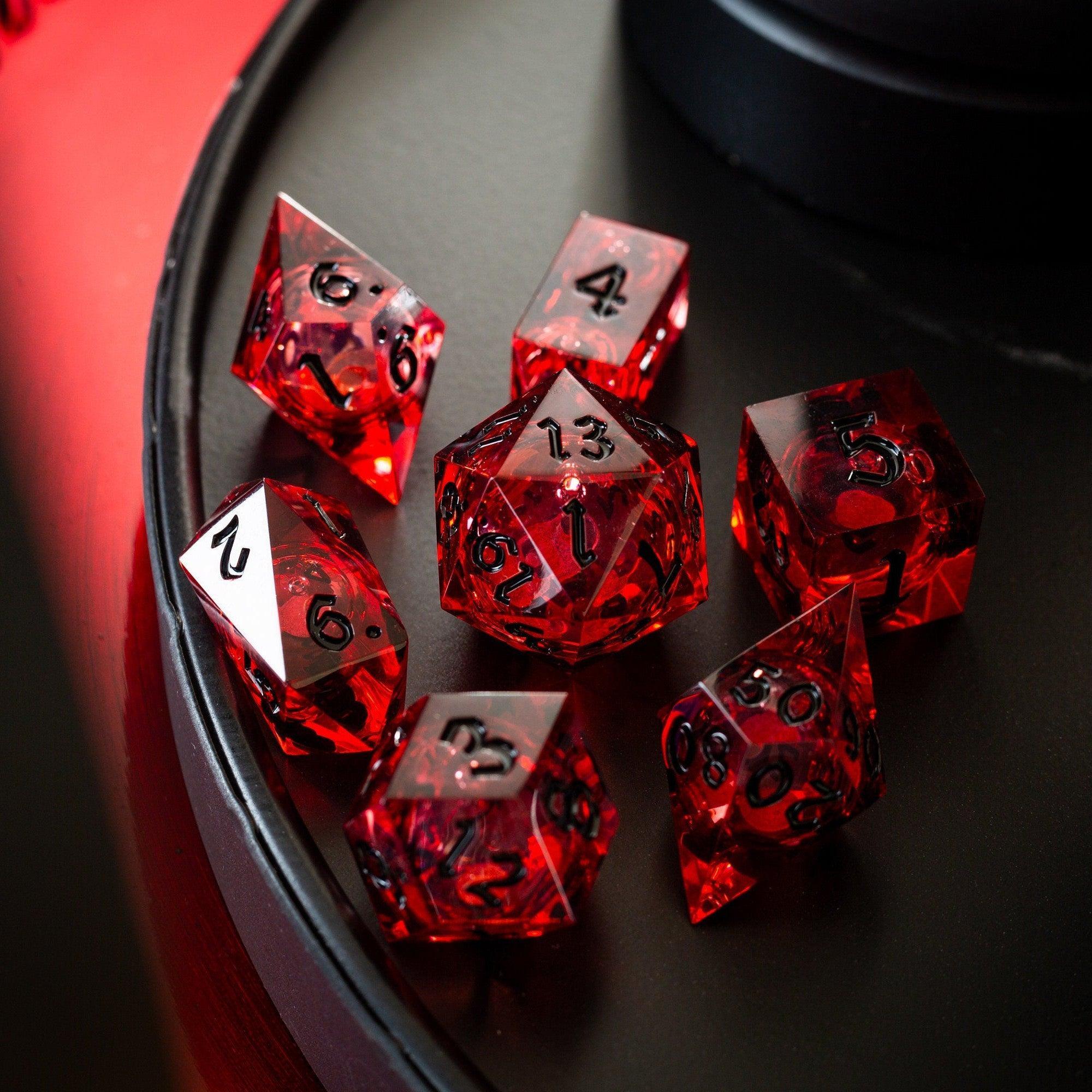
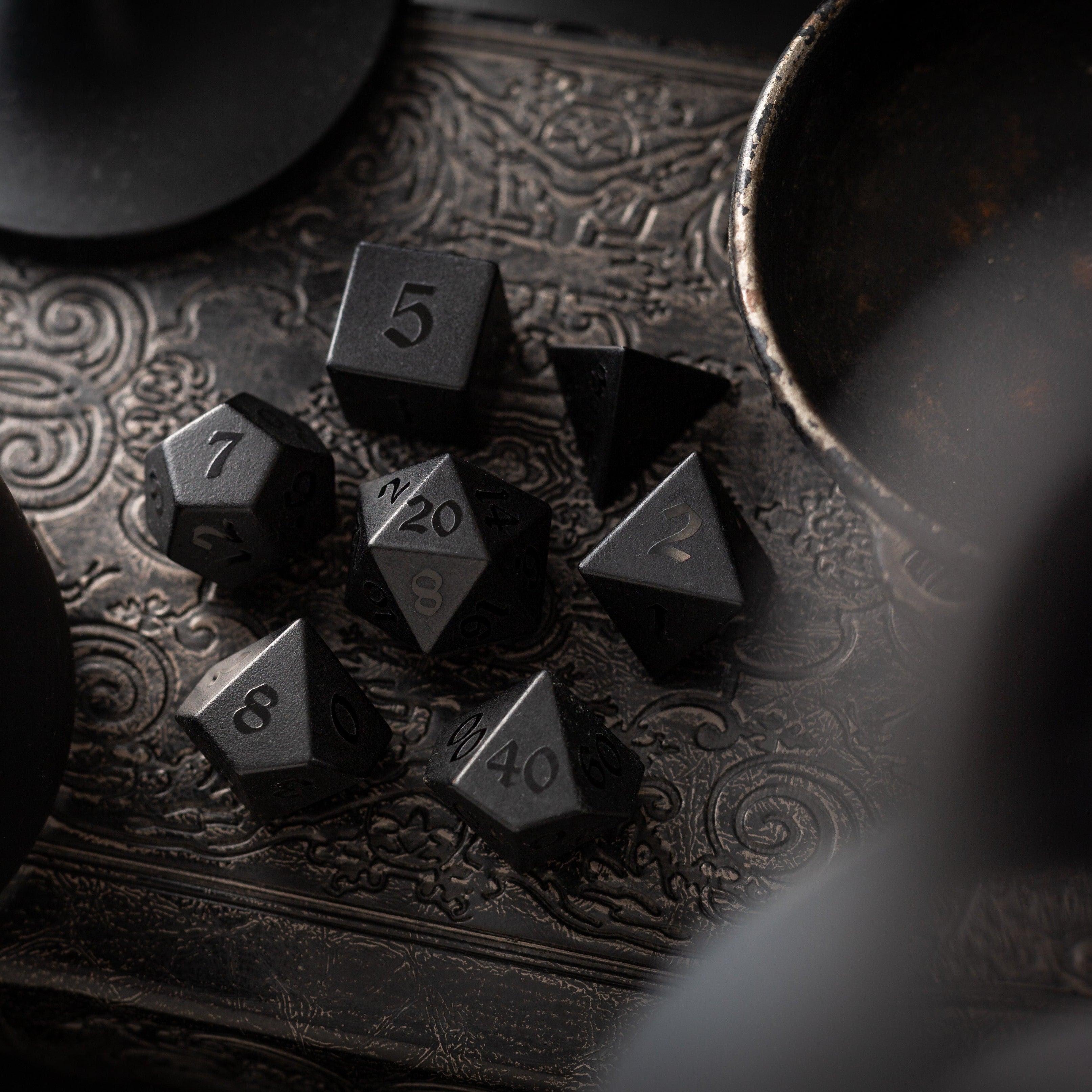
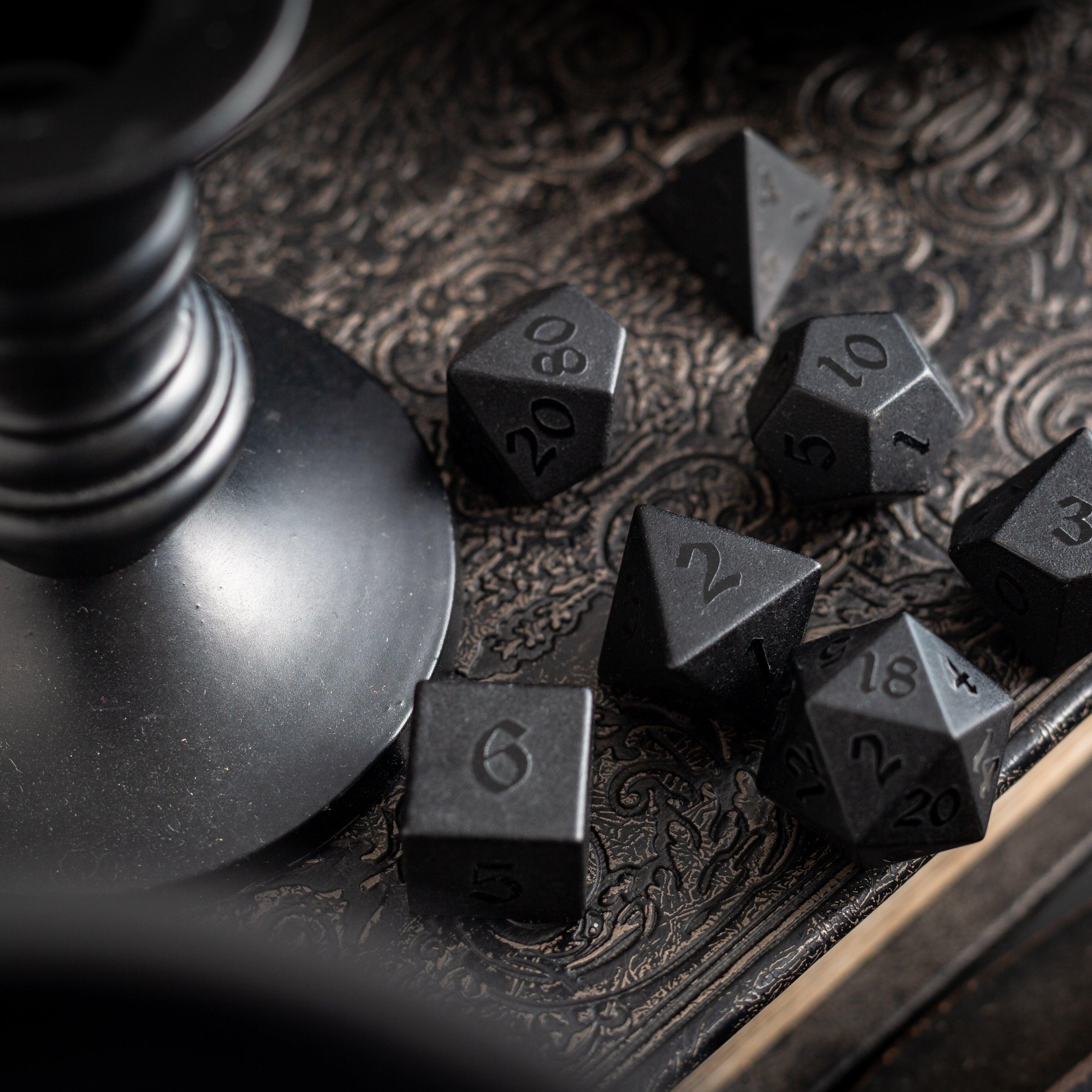
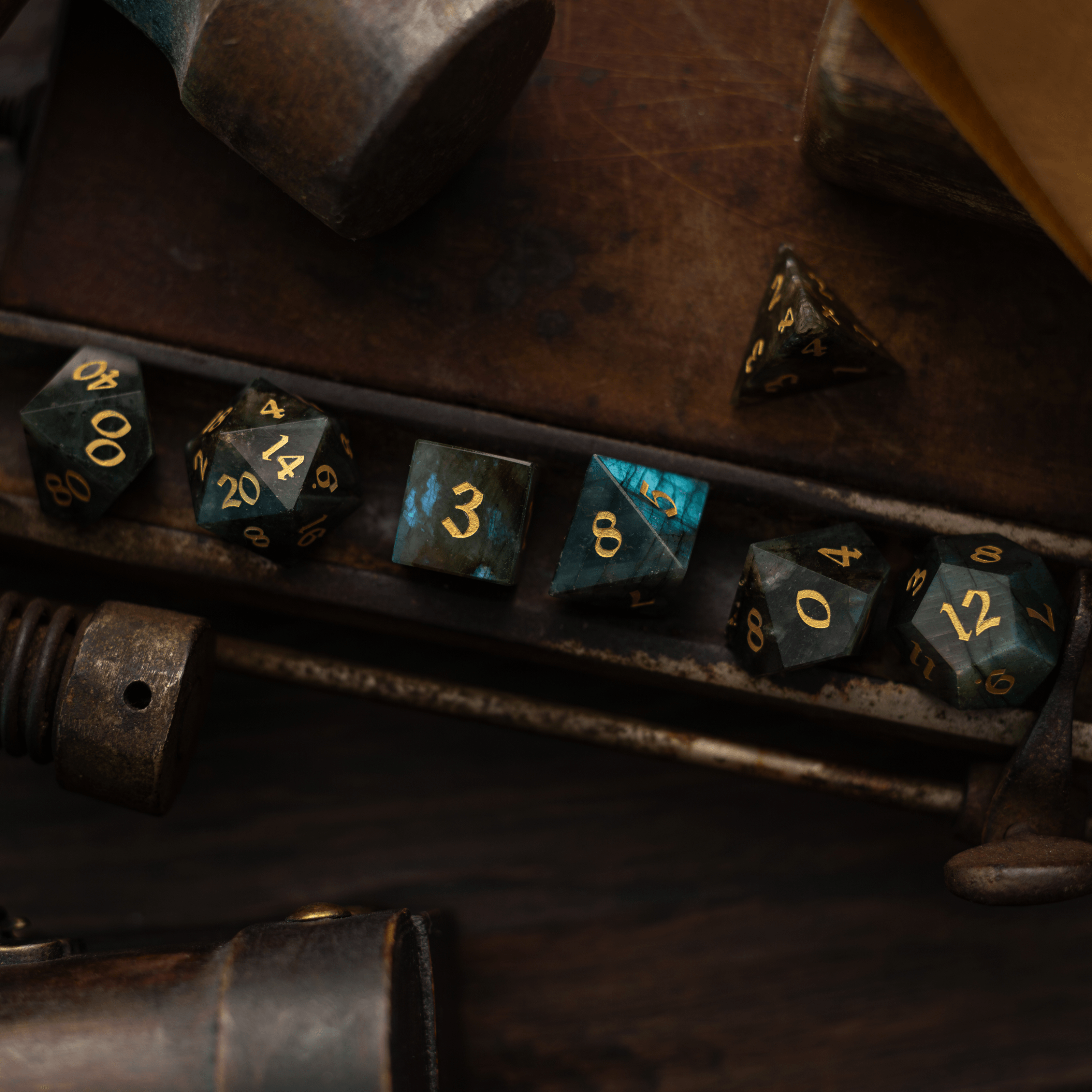
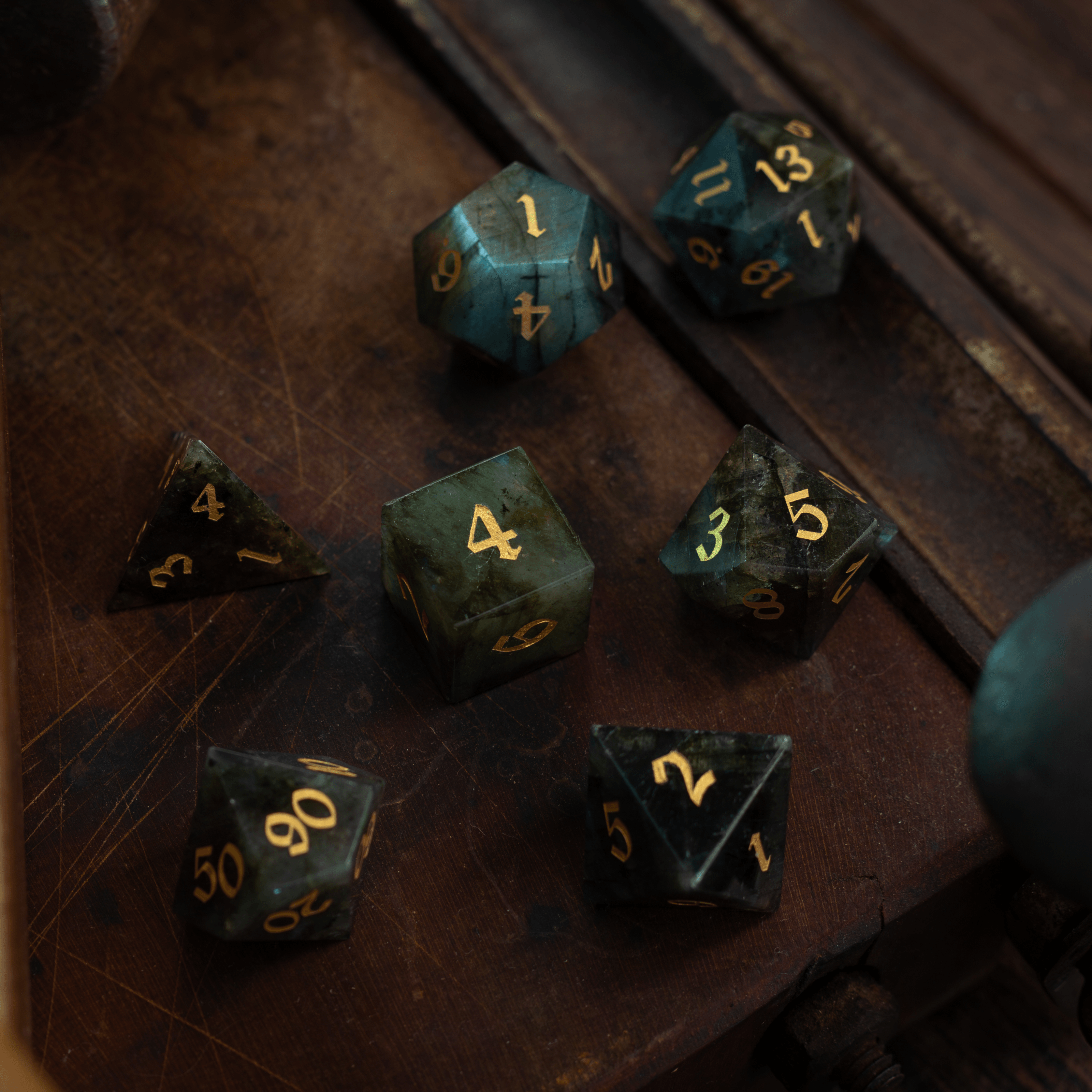
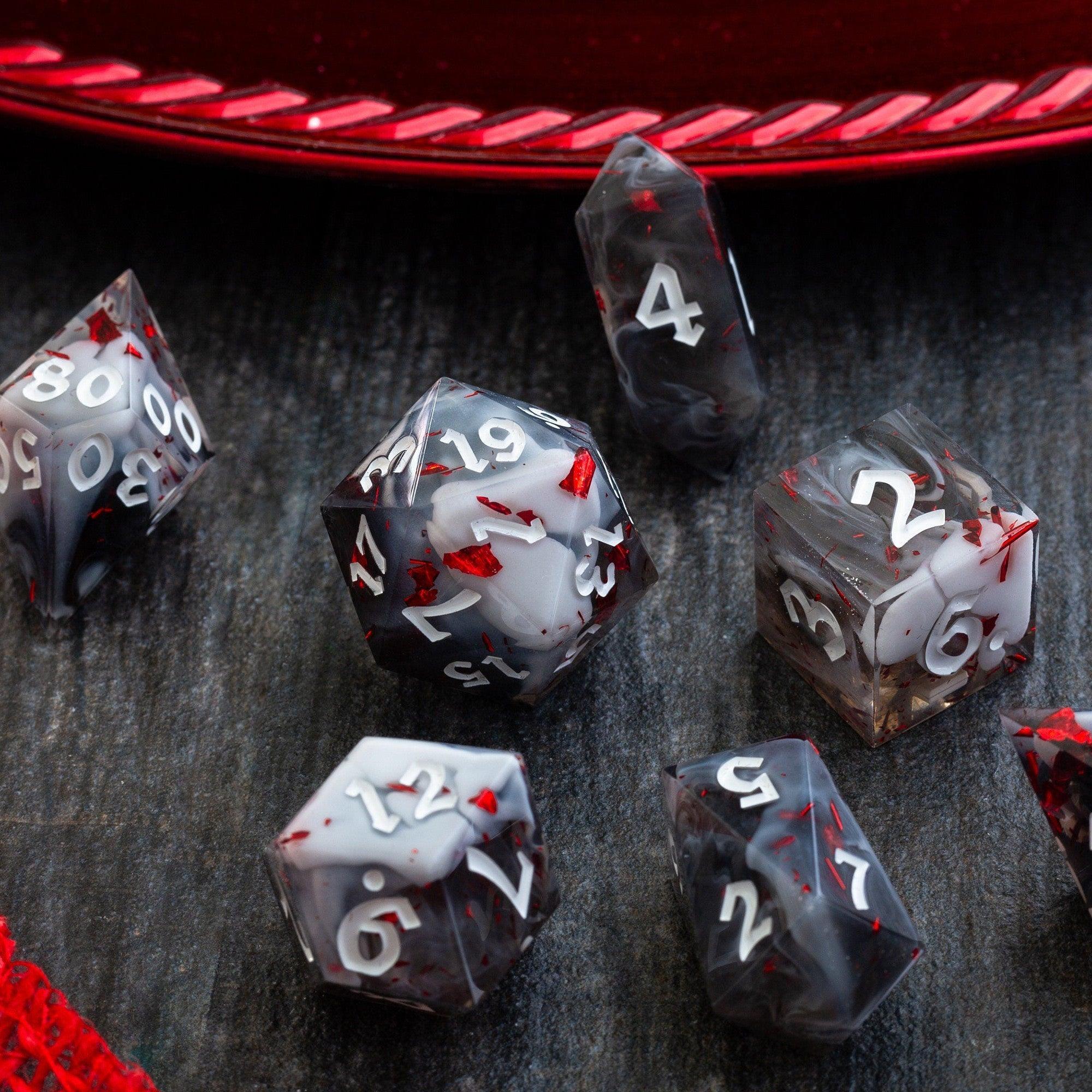
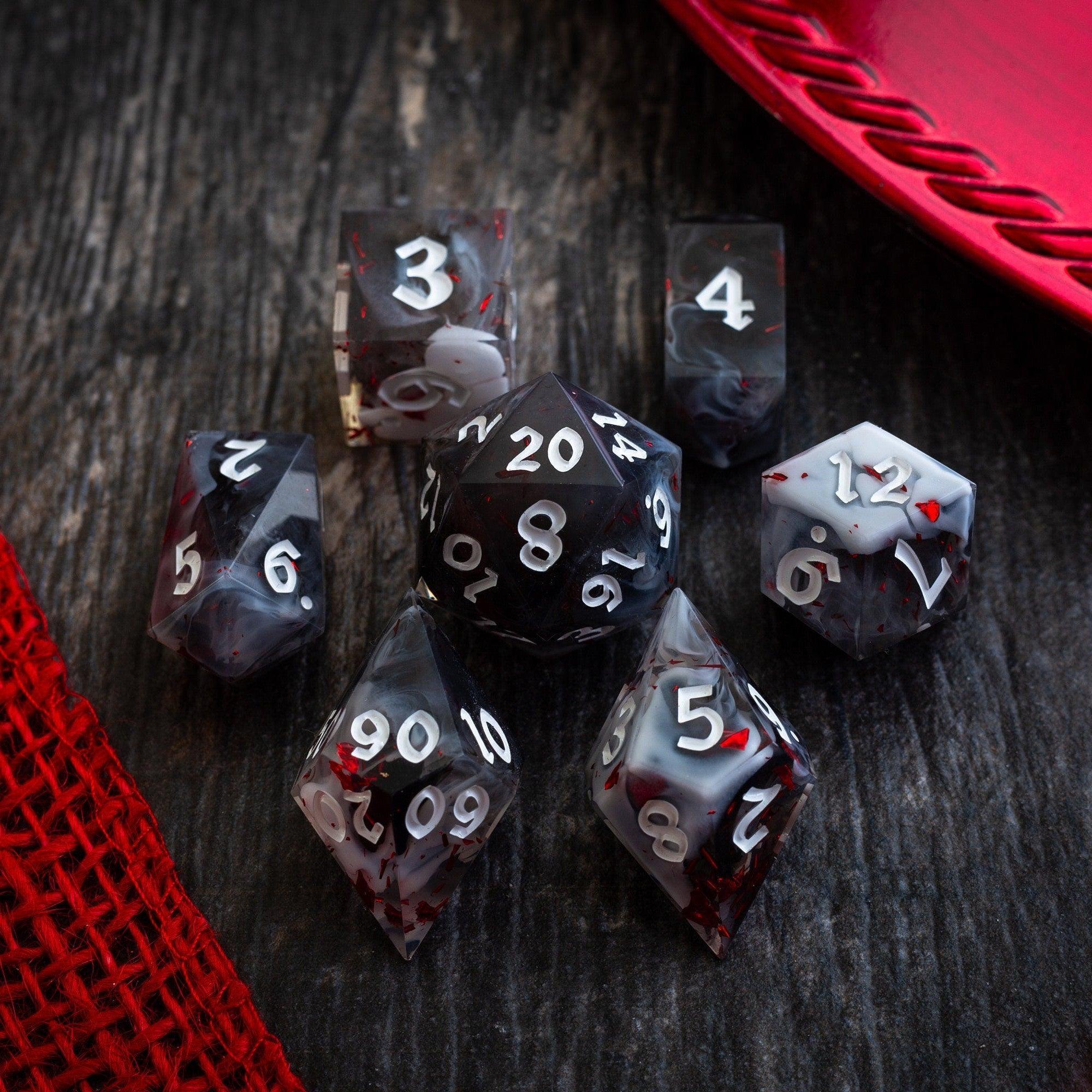
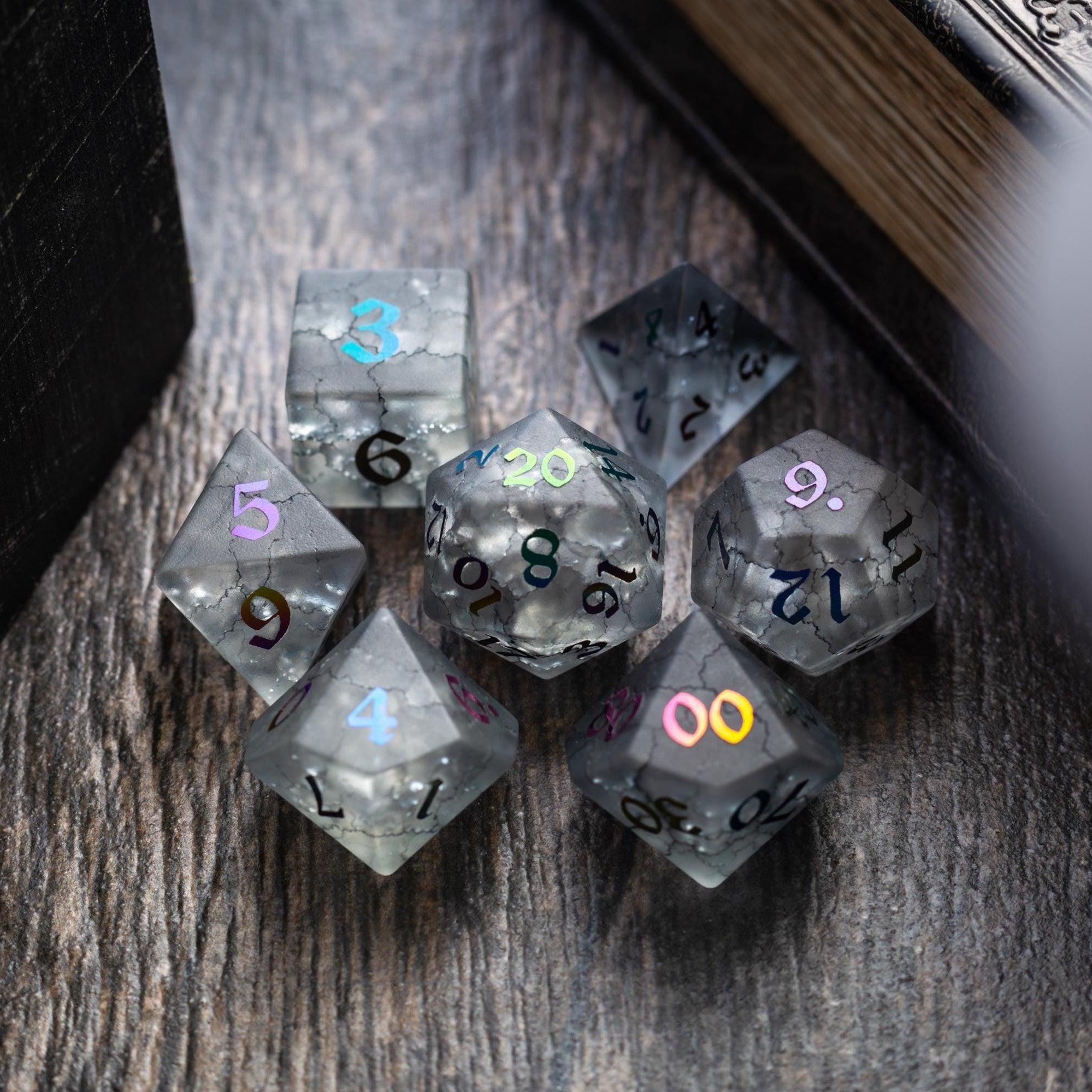
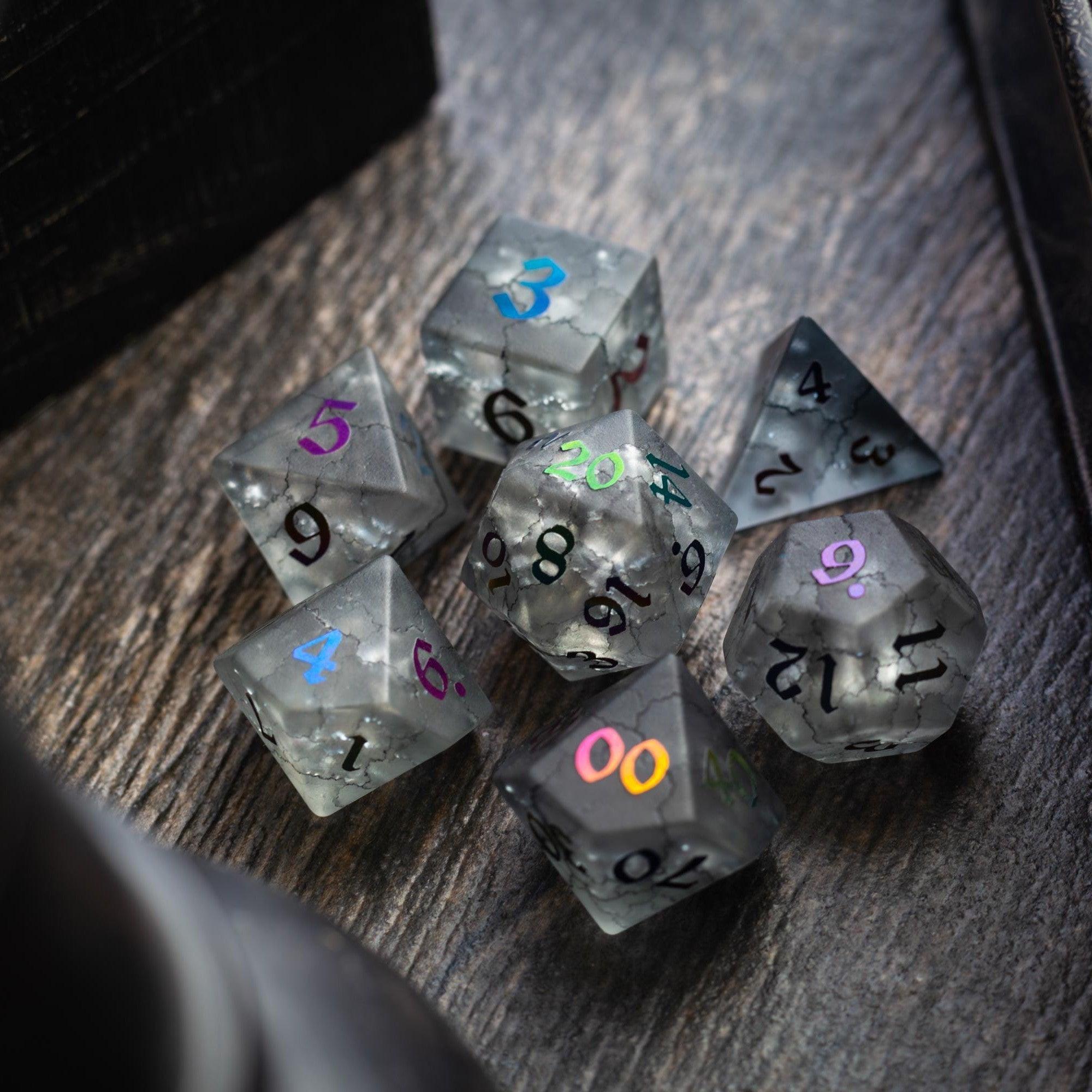
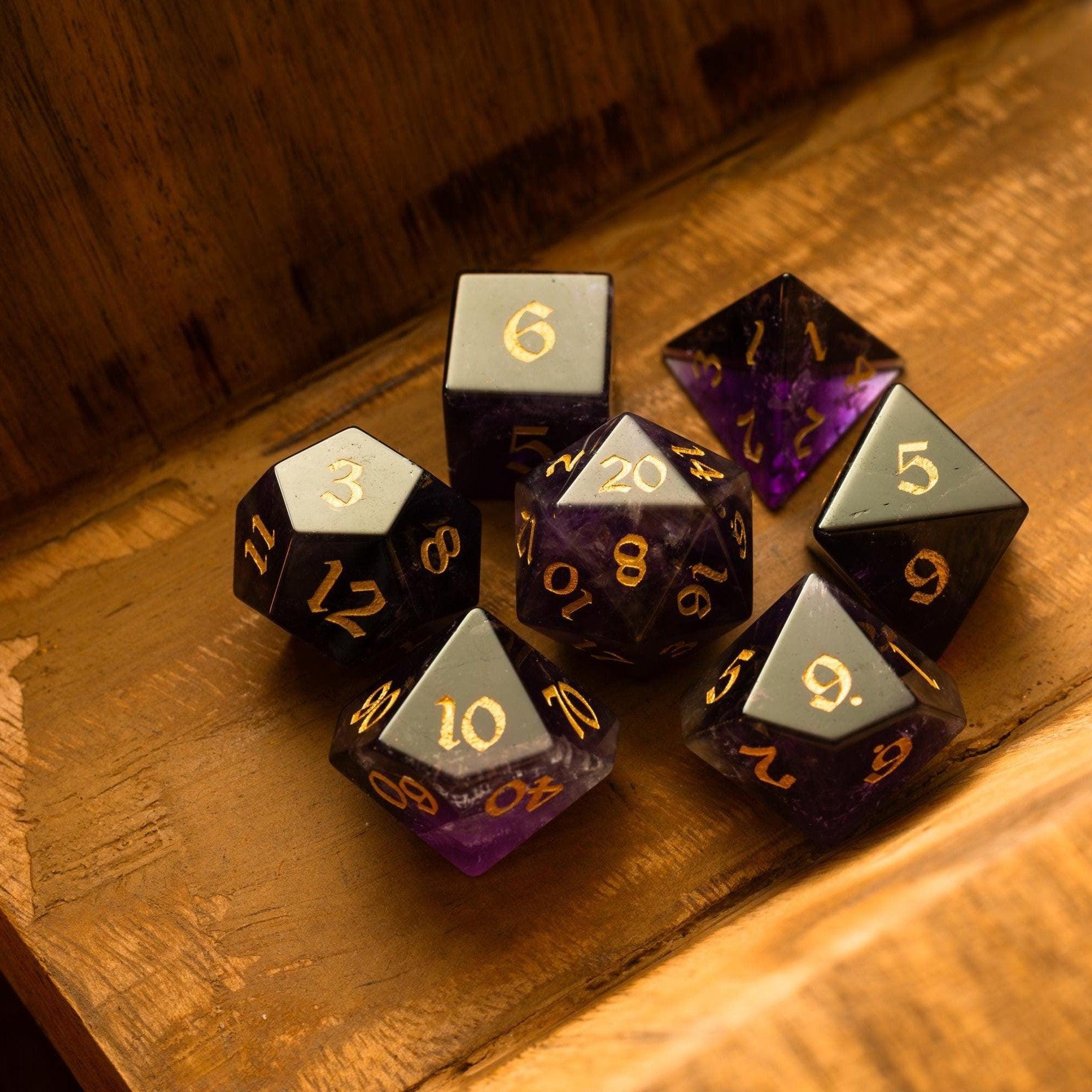
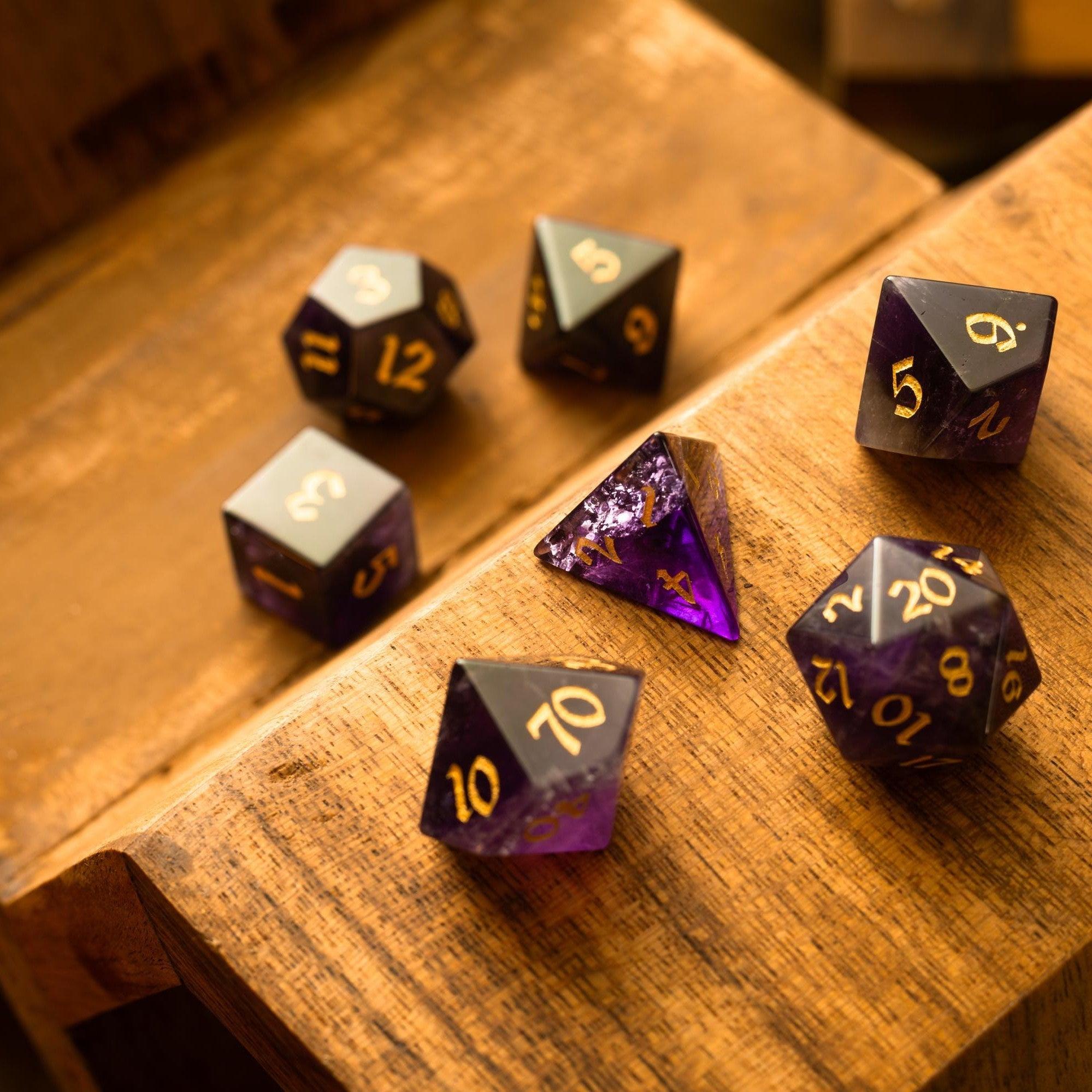
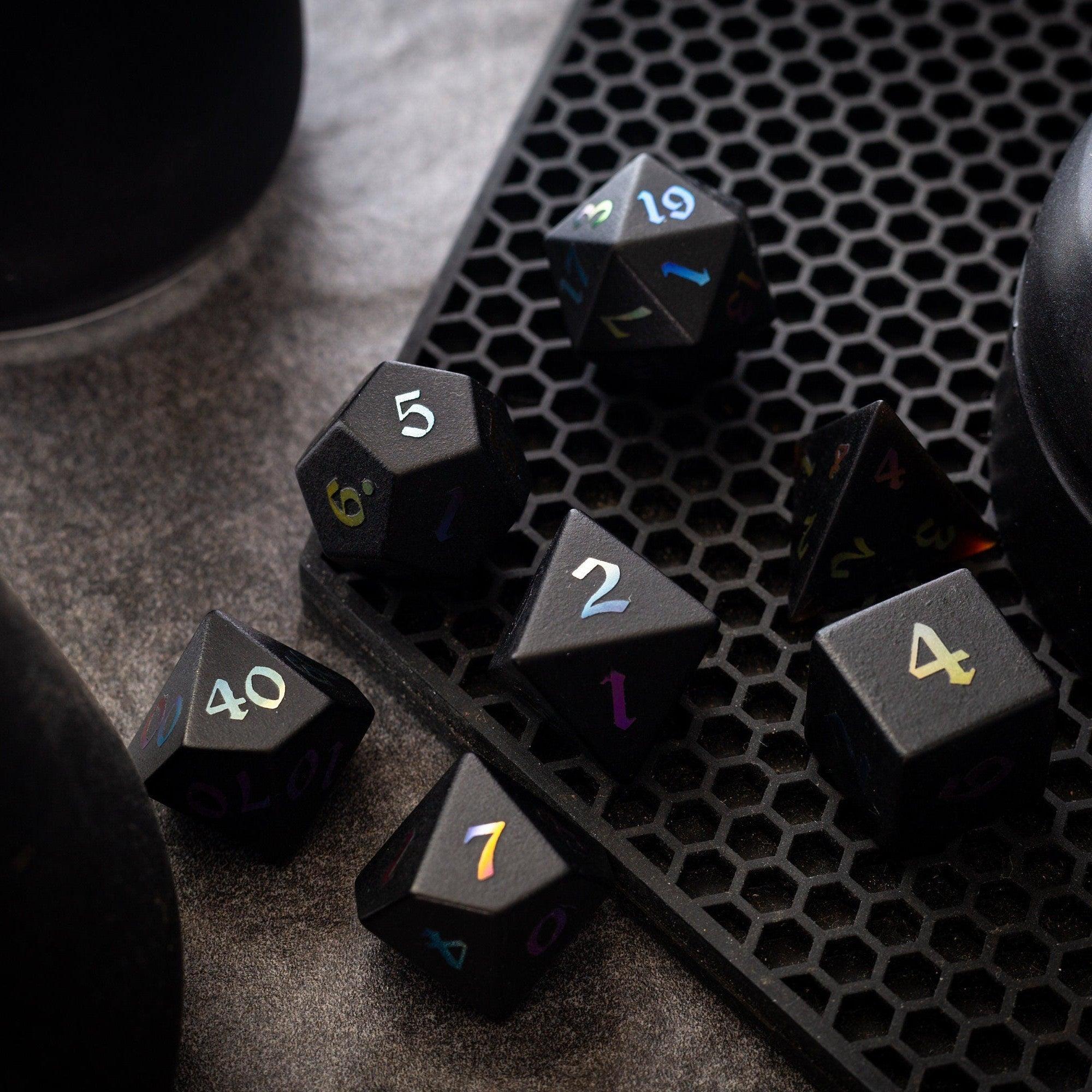
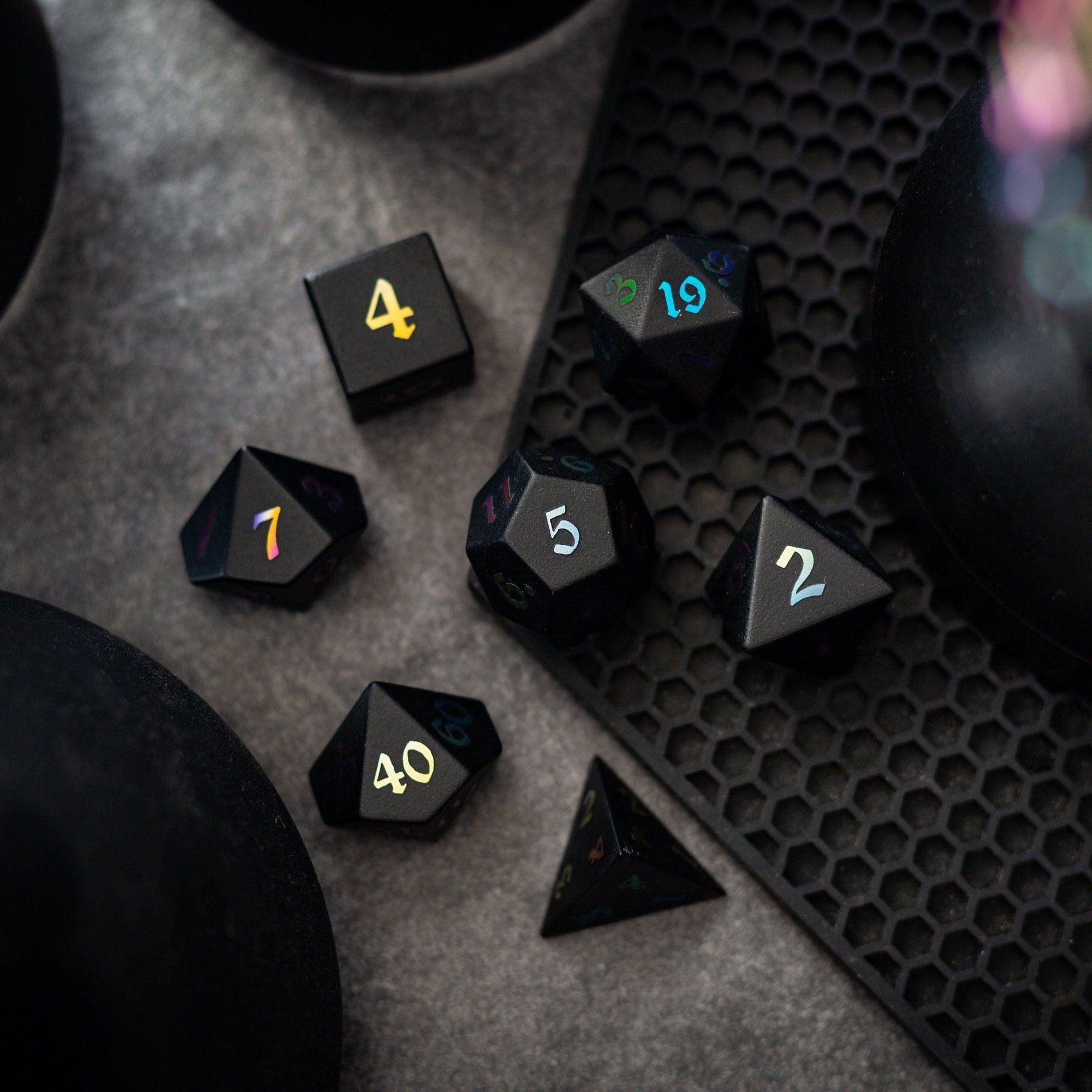
Leave a comment
This site is protected by hCaptcha and the hCaptcha Privacy Policy and Terms of Service apply.